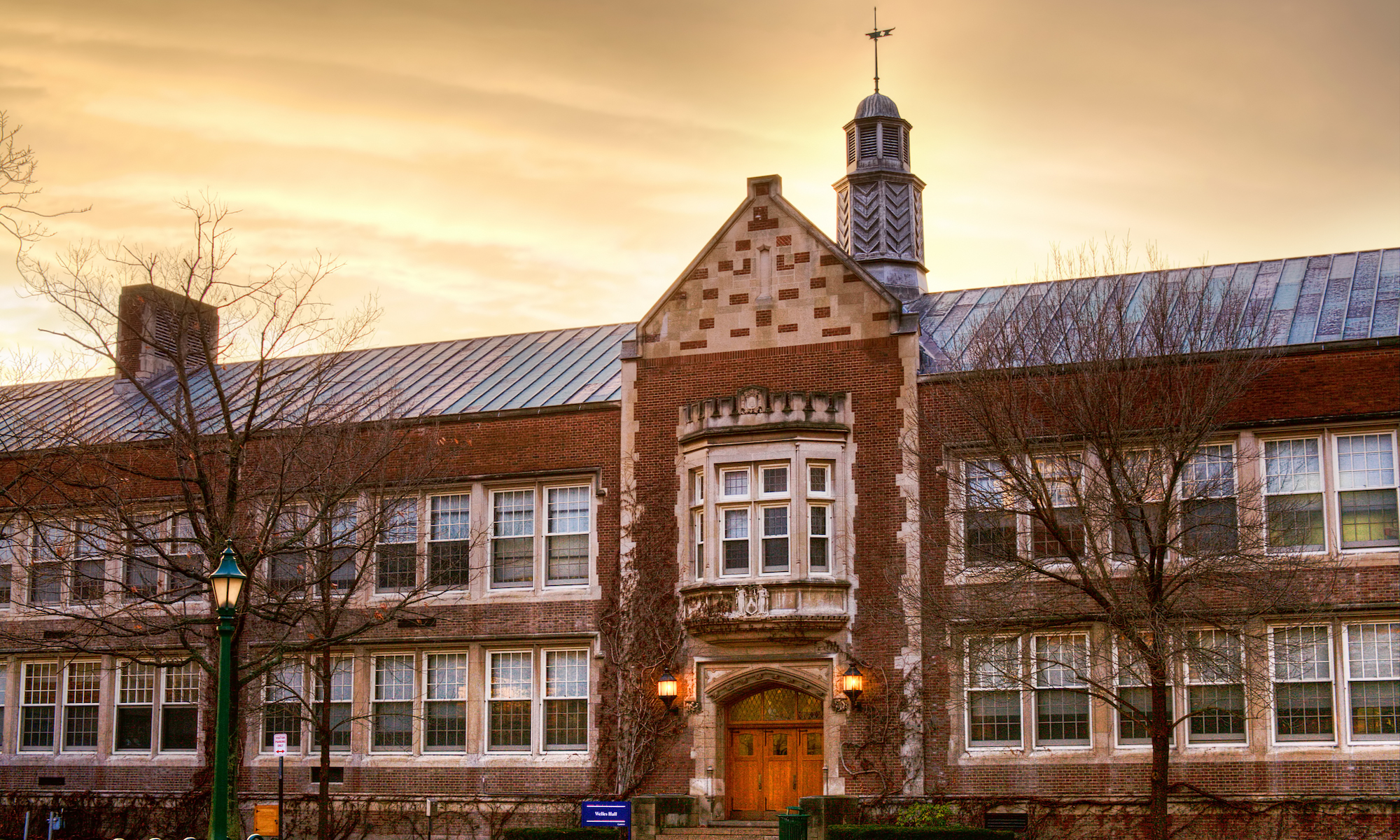Callaloo: A Journal of African Diaspora Arts and Letters will be publishing a special issue titled Unchaining Selves: The Power of the Neo-Slave Narrative Genre, co-edited by Professor Joan Anim-Addo (Goldsmiths University of London) and Geneseo Professor of English Maria Lima.
Lima has taught a course on the genre of neo-slave narratives at Geneseo for a number of years, and has been working on this special issue with Anim-Addo since 2015, when she chaired a panel at the Northeast Modern Language Association Annual Meeting on the topic.
Generally, the term neo-slave narrative refers to a genre of literature in which twentieth and twenty-first century writers take Atlantic slavery as the occasion for their literary texts. Neo-slave narratives often both draw on and depart from the earlier genre of slave narratives — autobiographical writing by enslaved and emancipated peoples of African descent addressing the experiences of living through slavery. Some examples of neo-slave narratives include Ishmael Reed’s Flight to Canada (1976), Toni Morrison’s Beloved (1987), M. NourbeSe Philip’s Zong! (2011), and Colson Whitehead’s The Underground Railroad (2016).
In their original call for papers, Anim-Addo and Lima write, “The main reasons for this seemingly widespread desire to rewrite a genre that officially lost its usefulness with the abolition of slavery are to re-affirm the historical value of the original slave narrative and/or to reclaim the humanity of the enslaved by (re)imagining their subjectivity. No other genre has undergone such widespread creolization—both a process and a concept used to describe many forms of contact across a wide range of cultural and ideological formations—having become a mode shared by many cultures in an uneven yet interdependent world.”
Lima and Anim-Addo’s special issue brings fresh scholarship to this established literary genre, interrogating some of the ways recent currents in black and Africana studies theory and criticism open up new conversations about slavery’s afterlife through this literary genre.
The issue includes essays by two Geneseo English alumni from the class of 2012 – Jesse Goldberg and Stephanie Iasiello – and an essay by SUNY Geneseo Distinguished Teaching Professor of English Beth McCoy.
Since graduating from Geneseo, Goldberg earned a PhD in African American literature at Cornell University and is now Visiting Assistant Professor of English at Longwood University in Virginia, where, like Lima, he is teaching a course on neo-slave narratives. Goldberg’s essay is titled “The Restored Literary Behaviors of Neo-Slave Narratives: Troubling the Ethics of Witnessing in the Excessive Present.”
Iasiello earned a PhD in African Diaspora Literature at Emory University and is now Board President at Reforming Arts, a non-profit organization providing liberal arts higher education to people incarcerated in women’s prisons in Georgia. Iasiello’s essay is titled “Photographing A Subtlety or the Marvelous Sugar Baby: Kara Walker’s Take on the Neo-Slave Narrative.”
McCoy’s essay, “Flights of Principled Fancy Dress: Steve Prince’s Katrina Suite and the Neo-Slave Narratives” extends the rich and ongoing collaborative work she has been engaging in with New Orleans artist Steve Prince.
The issue is in its final printing stages and is scheduled to be published by the end of 2018.
This post has been updated to reflect Iasiello’s and McCoy’s contributions to the forthcoming special issue.
